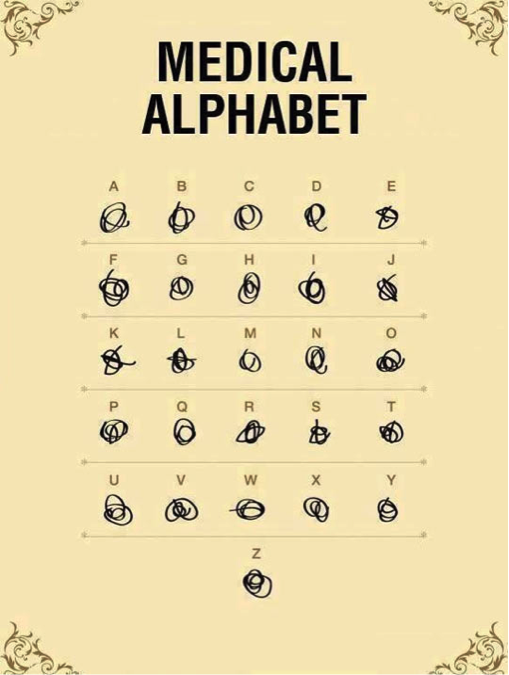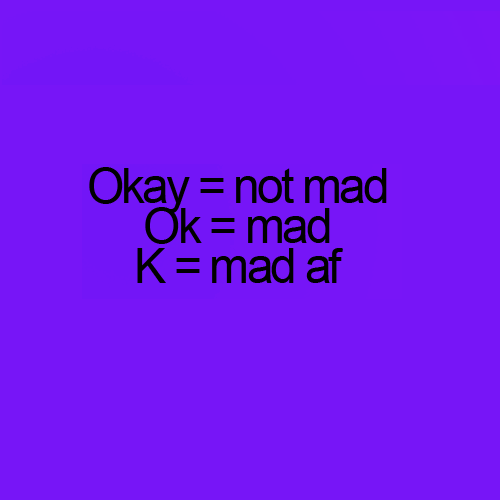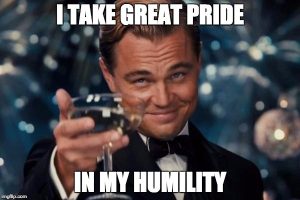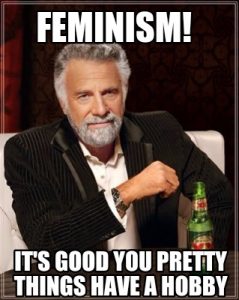Waiting for my plane at LaGuardia Airport, I was feeling accomplished, excited, and a little sad. My Moxie summer was ending, but I was about to begin a new chapter in my life influenced by all that I learned during my Moxie experience. I was hopeful that I could impact the world in some tangible way through my personal activism. As I was contemplating all these things and reflecting on my time in New York, a seemingly friendly stranger sat down next to me and began talking.
What came out of his mouth next, however, was worse than I could’ve expected. He began to “share” his political beliefs, including his total support for Donald Trump, that the feminist movement is pointless and supporters of it probably have psychological problems, and something about the feminization of men and how sad it is that men are dying virgins because our society has moved away from traditional gender roles. The timing of this conversation was so ironic; it took all the patience I had to calmly listen to his ramblings. After around 45 minutes of this, I just couldn’t take it anymore. I stood up and politely told him I would wait for my plane somewhere else and that I no longer wanted to speak with him. When I finally found a seat in a corner somewhere, tears were running down my face.
 I realized at that moment the incredibly new person I had become over the summer. Before, I would’ve felt awkward and just silently sat through the conversation, or maybe even agreed on some points. Now, I was brought to tears because I wanted to defend my beliefs so badly and was faced with such open disdain. I expected the best, but hadn’t prepared for the worst. When leaving an experience like Moxie, you have to think ahead. Not only how has the experience changed you and what have you learned, but also how and when will you apply that? How will you ensure that you have the confidence to, and what will you do when faced with opposition?
I realized at that moment the incredibly new person I had become over the summer. Before, I would’ve felt awkward and just silently sat through the conversation, or maybe even agreed on some points. Now, I was brought to tears because I wanted to defend my beliefs so badly and was faced with such open disdain. I expected the best, but hadn’t prepared for the worst. When leaving an experience like Moxie, you have to think ahead. Not only how has the experience changed you and what have you learned, but also how and when will you apply that? How will you ensure that you have the confidence to, and what will you do when faced with opposition?
One week post-Moxie, I find myself in a very different environment. I am currently in Athens, Greece shadowing medical doctors in local hospitals. Literally and figuratively a world away from the feminist theory that I was studying for the last two months, Moxie is still at the forefront of my mind. I have had conversations with fellow group members and total strangers about why I identify as a feminist (which, by the way, I now do). I have had a transgender friend open up to me about his experience–something that would’ve never happened if not for the TransCare program I worked on at Choices. In the whirlwind of this past week, I have had some of the best and worst interactions surrounding feminism that I’ve ever had. In the end, I cannot determine how someone will respond to my opinions, but I will cherish the positive reactions and prepare myself for the negative. I look forward to the chance to share what I learned, whether at Duke or in the outside world.


















